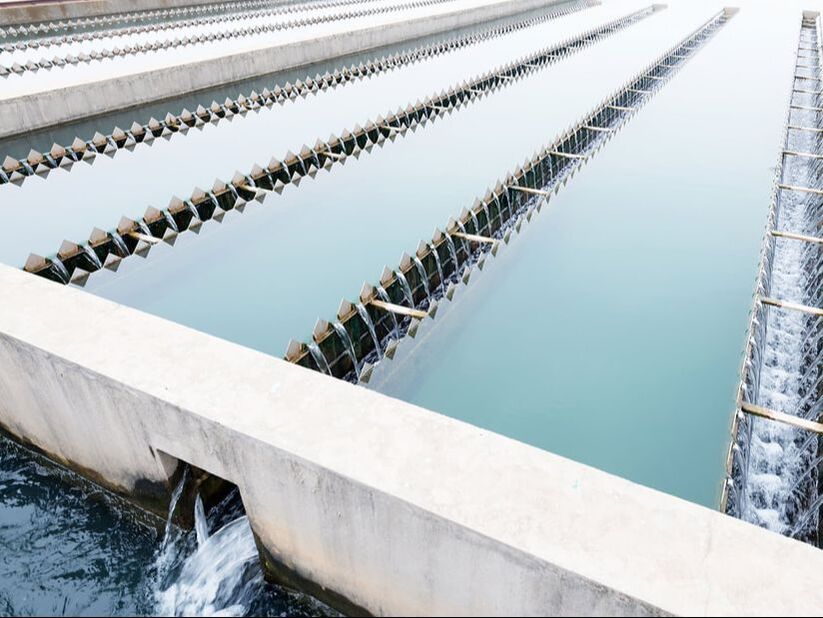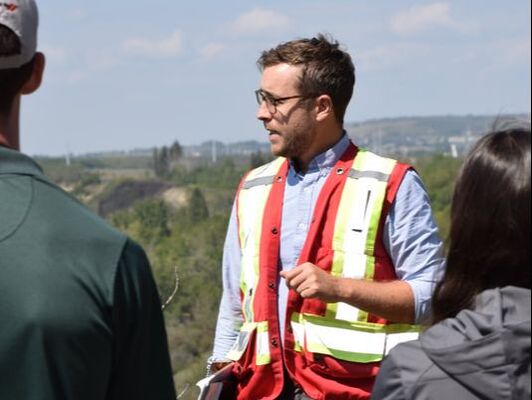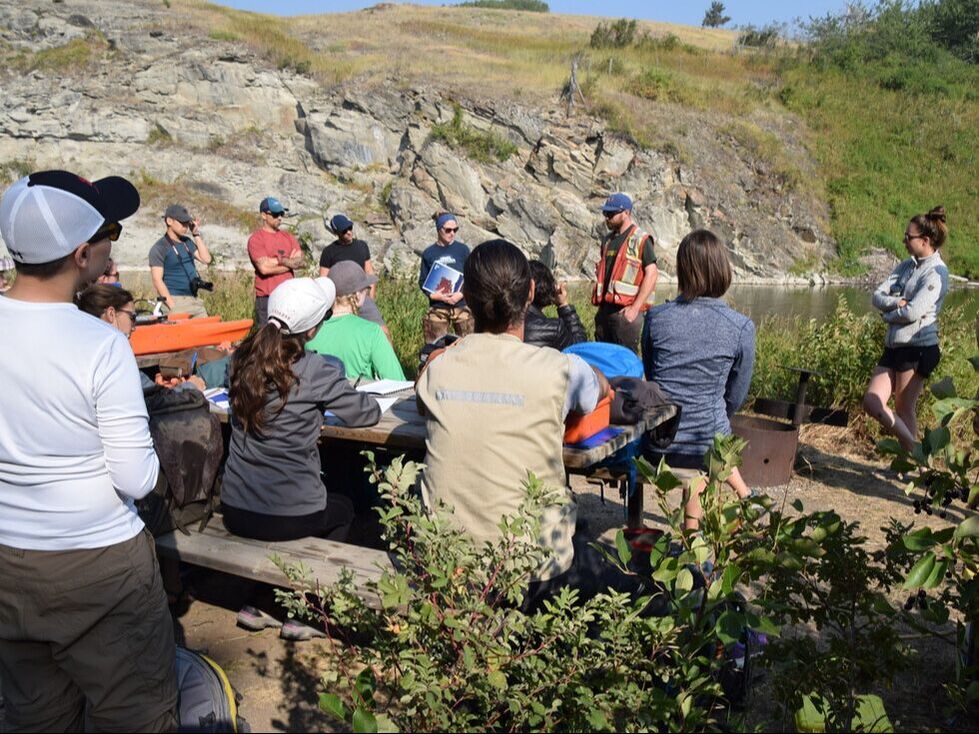The forWater Research Network
Drinking water is one of society's most critical needs and delivery of safe drinking water is a strategic priority around the world. Natural disturbances and extreme weather events like hurricanes, floods, and wildfires pose new risks in a changing climate.
The forWater Network contributes to critical new knowledge and technologies needed to adapt to climate change and build resilient, adaptive communities. It does this by connecting the diverse knowledge of vast disciplines including:
The forWater Network contributes to critical new knowledge and technologies needed to adapt to climate change and build resilient, adaptive communities. It does this by connecting the diverse knowledge of vast disciplines including:
- Water quality and treatment
- Hydrology
- Forest management
- Resource economics
Research Objectives
A source-to-tap thematic approach to coordinating research projects, participants, and partners is foundational to evaluating source water protection technologies. The forWater Network is organized in four distinct research themes, which are linked from source-to-tap. They are:
Theme 1: Watershed Science and Forest Management
Design and deploy the forest management technologies across Canada’s major ecozones and meaningfully study their impacts on water quality and quantity at watershed scale.
Theme 2: Downstream Effects Propagation
Evaluate how far downstream the water quality and treatability effects are detectable and the extent to which they can be attributed to forest management.
Theme 3: Drinking Water Treatability
Evaluate the drinking water treatment implications of changes in source water quality to the full range of possible treatment plant typologies.
Theme 4: Resource Economics
Quantify the direct and indirect environmental/social/economic costs/benefits of forest management-based source water protection technologies.
Theme 1: Watershed Science and Forest Management
Design and deploy the forest management technologies across Canada’s major ecozones and meaningfully study their impacts on water quality and quantity at watershed scale.
Theme 2: Downstream Effects Propagation
Evaluate how far downstream the water quality and treatability effects are detectable and the extent to which they can be attributed to forest management.
Theme 3: Drinking Water Treatability
Evaluate the drinking water treatment implications of changes in source water quality to the full range of possible treatment plant typologies.
Theme 4: Resource Economics
Quantify the direct and indirect environmental/social/economic costs/benefits of forest management-based source water protection technologies.
Research Questions
1. Impact: What are the impacts of forest management on source water quality and treatability?
2. Time scale: If there are impacts, how long do these effects last?
3. Downstream: If there are impacts, how do these effects propagate downstream?
4. Ecozones: How and why do the identified effects (#1-3 above) vary across the major ecological zones of Canada? How can we apply knowledge from one ecozone or study to another?
5. Benefits & costs: What are the drinking water treatability benefits/costs of forest management-based SWP technologies?
6. Implications: What are the implications of forest management based SWP technologies for rural and remote, First Nations, Inuit and Metis systems?
2. Time scale: If there are impacts, how long do these effects last?
3. Downstream: If there are impacts, how do these effects propagate downstream?
4. Ecozones: How and why do the identified effects (#1-3 above) vary across the major ecological zones of Canada? How can we apply knowledge from one ecozone or study to another?
5. Benefits & costs: What are the drinking water treatability benefits/costs of forest management-based SWP technologies?
6. Implications: What are the implications of forest management based SWP technologies for rural and remote, First Nations, Inuit and Metis systems?
The forWater Research Approach
High-Quality ScienceProduction of new knowledge is at the core of source water protection. A better understanding of drinking water and source water threats informs technological responses.
|
Partner EngagementforWater is built on industry and government partnerships, where high-quality science can translate into real-world outcomes for enhanced water security in Canada and abroad.
|
Capacity BuildingforWater strategically invests in the development of young professionals to ensure tomorrow's leaders are well-equipped to sustain source water protection advancements.
|





